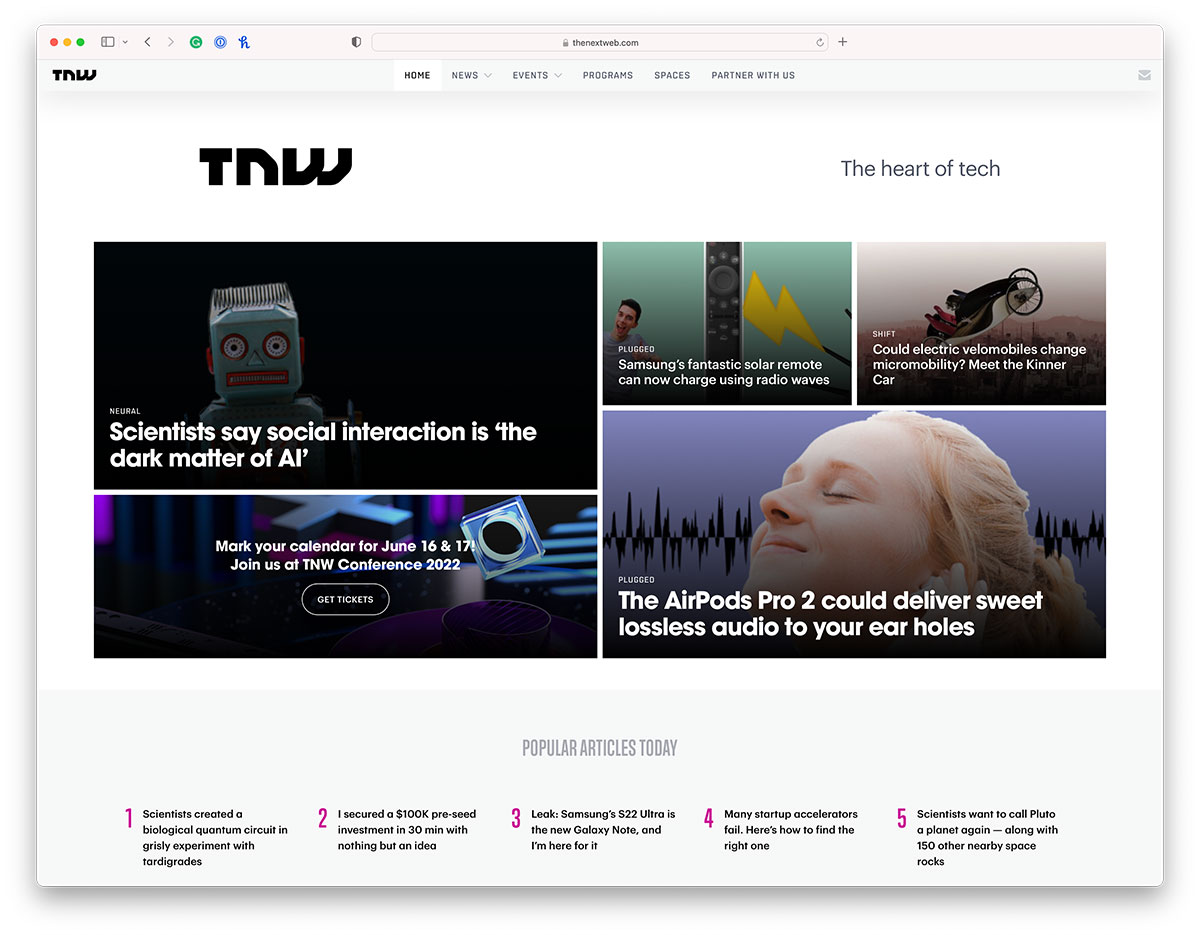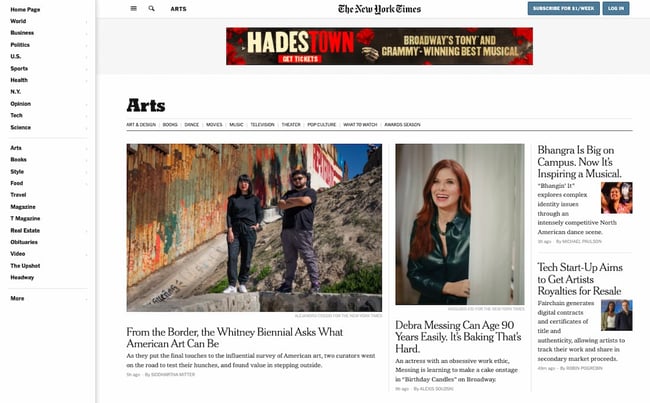News Websites - The Facts
Table of ContentsFascination About News WebsitesNot known Incorrect Statements About News Websites News Websites - The FactsThe Main Principles Of News Websites Not known Facts About News Websites
It was down in the UK and Brazil but up some other countries, such as Greece, Bulgaria, and Poland (News Websites). This year, for the very first time, we inquired about the various ways that people avoid the news and discovered that around half of avoiders (53%) were attempting to do so in a broad-brush or regular means for instance, by switching off the radio when the information began, or by scrolling past the information in social mediaYou stated that you attempt to proactively avoid news.

I'm most likely choosing to learn more light-hearted stories than I made use of to at the minute. M, 51, UK Turning my back on information is the only method I feel I can cope occasionally. I need to consciously make the initiative to avert for the sake of my very own mental health.
Some Known Details About News Websites
Discerning avoidance of Ukraine information was highest in much of the countries closest to the dispute, reinforcing findings from our added survey in 2015, right after the war had started. Our data may not recommend a lack of rate of interest in Ukraine from neighboring countries however instead a desire to handle time or secure psychological health from the extremely actual scaries of war.
Comparing Finland with a politically polarised country such as the USA (see following chart) that is less impacted by the battle, we find an extremely various pattern of subject avoidance. In the United States, we discover that customers are more probable to stay clear of topics such as national politics and social justice, where arguments over problems such as sex, sexuality, and race have become extremely politicised.
American politics are pretty hazardous nowadays. I locate sometimes that I have to detach from tales that simply make me mad. F, 61, United States For some people, bitter and dissentious political debates are a factor to transform off news altogether, yet for some political upholders, evasion is frequently about blocking out perspectives you don't wish to listen to.

How News Websites can Save You Time, Stress, and Money.
Some are looking to make information a lot more obtainable for hard-to-reach teams, expanding the information program, commissioning more motivating or positive news, or welcoming positive or options journalism that give people a feeling of hope or personal firm. In our study this year, we asked respondents about their interest in these various approaches.
This clarifies why stories like Ukraine navigate to this website or nationwide politics do well with information regulars but can at the same time transform less interested customers away (News Websites). Careful avoiders are less interested in all kinds of news than non-avoiders but in loved one terms they do appear to be much more interested in favorable or solutions-based information

The 15-Second Trick For News Websites
2023). This might hold true in the moment, but over time it appears to be leaving several individuals empty and less completely satisfied, which might be threatening our link with and rely on the news. Across markets, overall count on information (40%) and count on in the sources individuals use themselves (46%) are down by an even more 2 percentage factors this year.
With the rear-view mirror, the COVID-19 count on bump is plainly visible in the adhering to graph, though the direction of traveling later on has been mixed. In some instances (e.g. Finland), the count on boost has actually been maintained, while in others the next upturn looks even more like a spot in a story of ongoing long-lasting decrease.
A few of the highest possible reported levels of media objection are found in nations with highest degrees of distrust, such as Greece, the Philippines, the USA, France, and the United Kingdom. The least expensive degrees of media criticism are usually in those with higher degrees of trust, such as Finland, Norway, Denmark, and Japan.
News Websites Can Be Fun For Anyone
This year we asked participants about their preferences for text, audio and video clip when consuming information online. On average, we find that the bulk still prefer to read the news (57%), instead than watch (30%) or pay attention to it (13%), yet more youthful individuals (under-35s) are more probable to pay attention (17%) than older teams.
Behind the standards we discover substantial and unusual nation differences. In markets with a strong reading tradition, such as Finland and the UK, around 8 in 10 still like to check out on the internet news, but in India and Thailand, around four in 10 (40%) claim they favor to see information online, and in the Philippines that percentage is over half (52%).